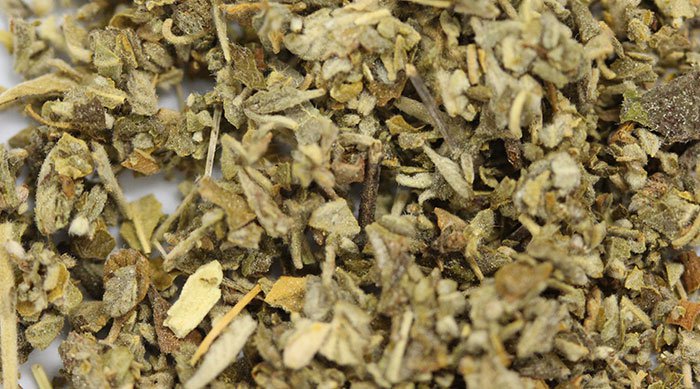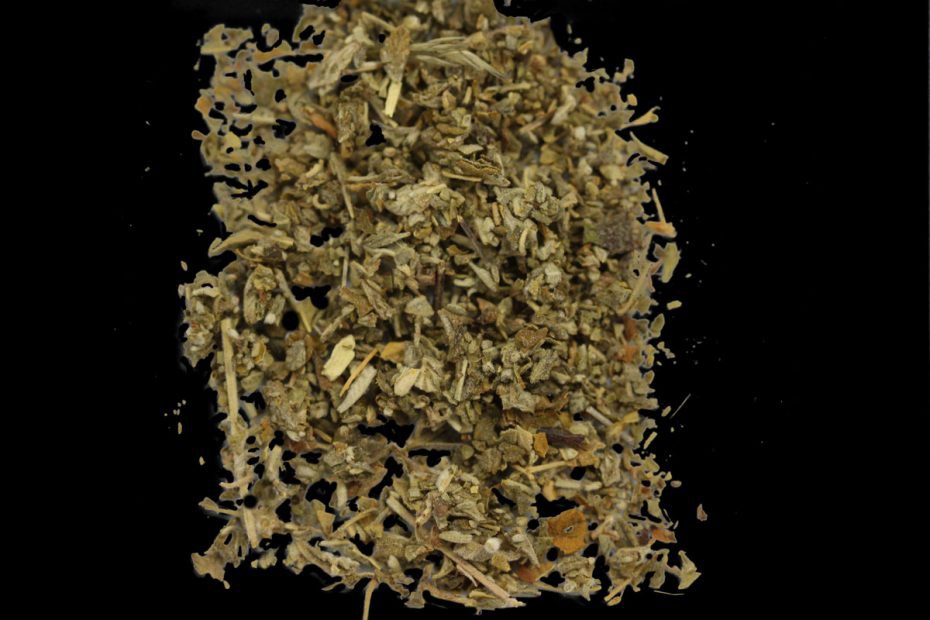Checking Out the Promising Applications and Favorable Influences of Spice as a Synthetic Cannabinoid
Recently, the expedition of artificial cannabinoids, particularly Flavor, has actually triggered appealing conversations within the clinical and scientific neighborhoods. The possible applications and impacts of Spice in different healing settings have drawn focus for their unique properties and impacts on the human body. As study dives much deeper right into this artificial substance, revealing its resemblances and disparities with natural cannabinoids, a nuanced understanding of its benefits and difficulties arises. This discussion aims to clarify the promising opportunities that Flavor provides in the world of medical care and wellness, triggering a reevaluation of standard techniques to cannabinoid-based therapies.
Therapeutic Possible of Spice
Exploring the therapeutic possibility of Spice, a synthetic cannabinoid, entails an important evaluation of its medicinal residential properties and potential medical applications. Spice, likewise understood as synthetic cannabis, communicates with the endocannabinoid system in a manner comparable to natural cannabinoids, such as those found in cannabis. This interaction causes numerous physical effects that have actually sparked passion in its restorative opportunities.
Research studies have actually indicated that Flavor might have potential as an analgesic, aiding to reduce discomfort in problems such as neuropathic pain or persistent inflammatory pain - Buy K2 Paper For Sale. Furthermore, its communication with cannabinoid receptors provides a chance for discovering its use in taking care of symptoms of conditions like several sclerosis or chemotherapy-induced nausea or vomiting and vomiting

Discomfort Management Advantages
Flavor, an artificial cannabinoid, shows promising potential suffering monitoring as a result of its analgesic buildings and interactions with the endocannabinoid system. The analgesic residential or commercial properties of Flavor originate from its capacity to regulate pain perception pathways, providing remedy for different kinds of pain, including neuropathic, inflammatory, and nociceptive pain. By targeting the endocannabinoid system, Flavor can regulate pain signals, minimize swelling, and ease discomfort related to persistent discomfort problems.
Researches have actually revealed that Seasoning can properly reduce pain strength and boost pain tolerance in preclinical models of pain. This synthetic cannabinoid has actually shown efficiency in taking important link care of discomfort signs and symptoms without causing significant negative results typically related to standard pain medications. Furthermore, Flavor shows potential in minimizing opioid dependancy and abuse, providing a more secure option for pain monitoring.
Neuroprotective Characteristics
Synthetic cannabinoids like Seasoning have been increasingly identified for their prospective neuroprotective properties in minimizing neuronal damage and advertising brain health. Researches suggest that these substances may offer neuroprotection via different devices, consisting of antioxidant effects, anti-inflammatory buildings, and inflection of neurotransmitter launch. By engaging with the endocannabinoid system in the brain, artificial cannabinoids can regulate neuronal task and potentially minimize the impact of neurodegenerative conditions or injuries.
One key facet of the neuroprotective homes of Seasoning is its capability to regulate excitotoxicity, a process in which extreme excitement of neurons brings about cell damage or fatality. By regulating natural chemical release and moistening excitotoxic signaling paths, synthetic cannabinoids may aid protect nerve cells from damaging overstimulation. In addition, the anti-inflammatory impacts of Spice might reduce neuroinflammation, which is usually implicated in numerous neurological disorders.
Relative Evaluation With Natural Cannabinoids
In contrasting the neuroprotective residential or commercial properties of artificial cannabinoids like Spice with those of natural cannabinoids, a nuanced examination of their particular results on neuronal health and wellness is crucial. All-natural cannabinoids, such as those discovered in the marijuana plant, have actually been extensively researched for their neuroprotective effects. These substances interact with the endocannabinoid system in the body, which plays a crucial role in preserving neuronal feature and protecting versus neurodegenerative diseases.

Governing and Moral Factors To Consider
Taking into consideration the possible effects on human wellness and well-being, an evaluation of regulative and honest factors to consider surrounding making use of synthetic cannabinoids contrasted to all-natural cannabinoids is crucial. Artificial cannabinoids, like Flavor, present distinct difficulties due to their commonly unidentified great site chemical structures and potency variants. Governing bodies deal with the complicated job of maintaining up with the quick emergence of new synthetic cannabinoid substances, which can make it tough to apply regular and reliable laws.

To address these regulatory and moral obstacles, policymakers have to focus on study into the long-term effects of artificial cannabinoids and develop clear guidelines for their production, sale, and use. Education and learning projects are crucial to notify the public about the threats associated with artificial cannabinoids and promote liable usage techniques. By taking proactive actions, society can much better safeguard against the possible harms presented by artificial cannabinoids while supporting moral standards and explanation securing public wellness.
Conclusion
In final thought, the examination right into the healing potential of spice as a synthetic cannabinoid has actually revealed encouraging results in pain management and neuroprotection. On the whole, the favorable impacts of seasoning as an artificial cannabinoid warrant more study and expedition in the clinical field.
Comments on “How to Find Reputable Vendors to Buy K2 Paper for Sale for Cannabis Use”